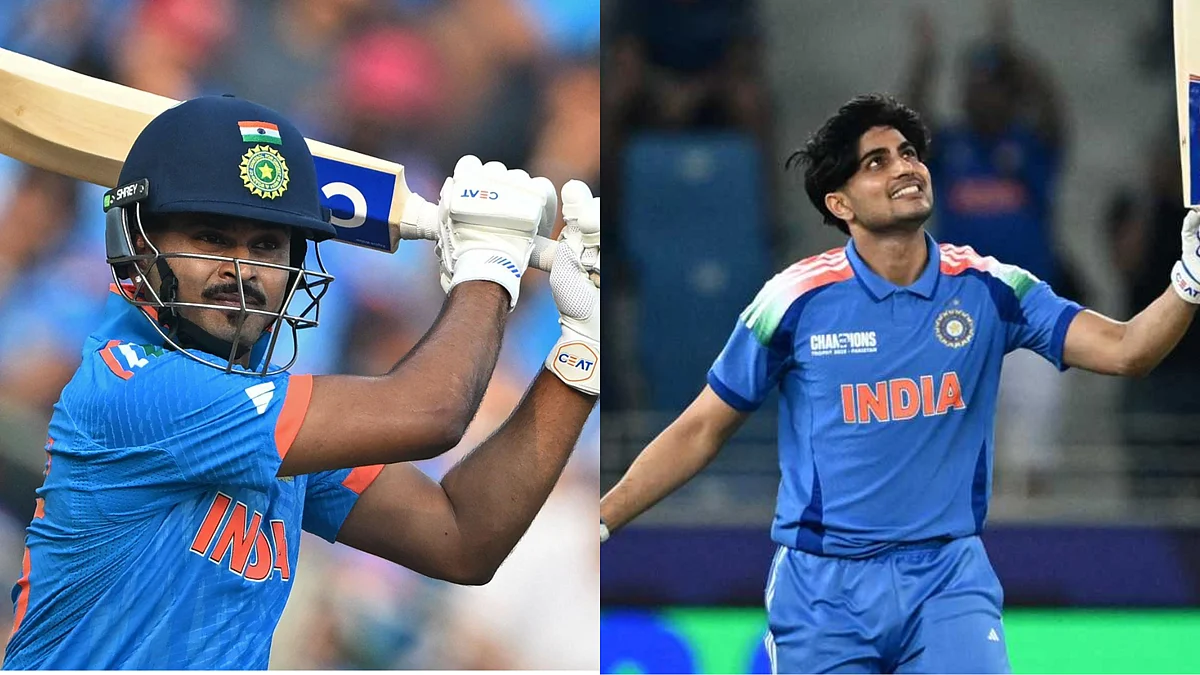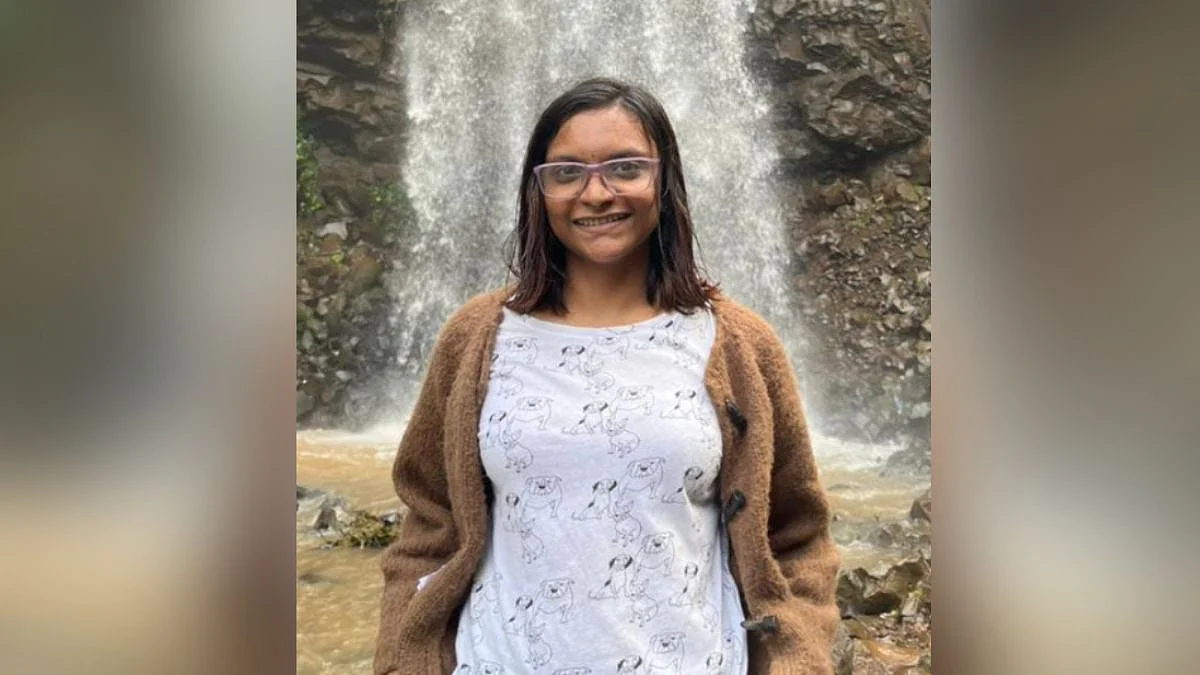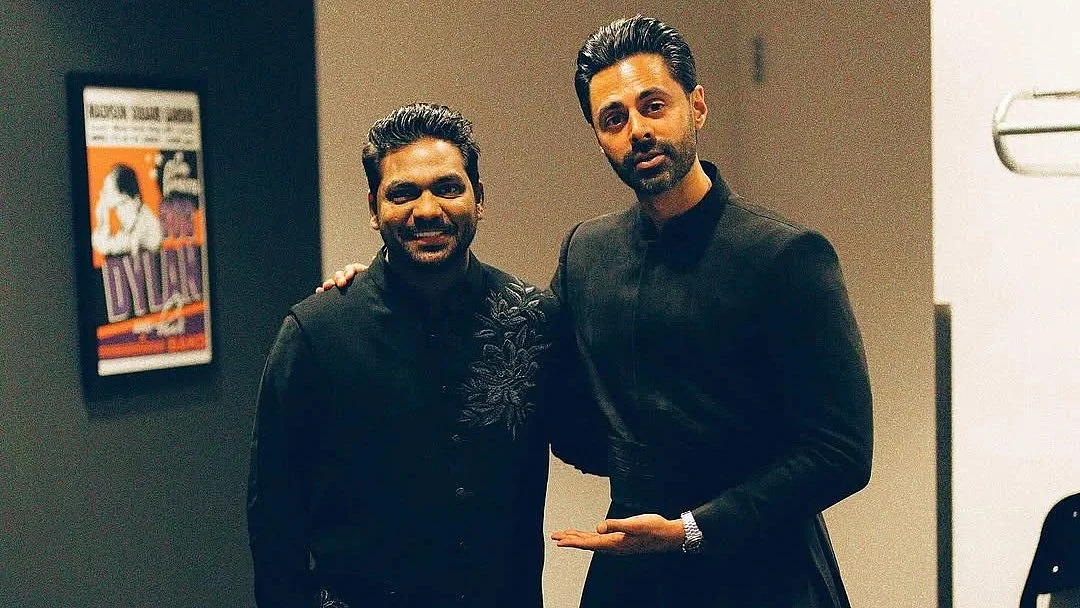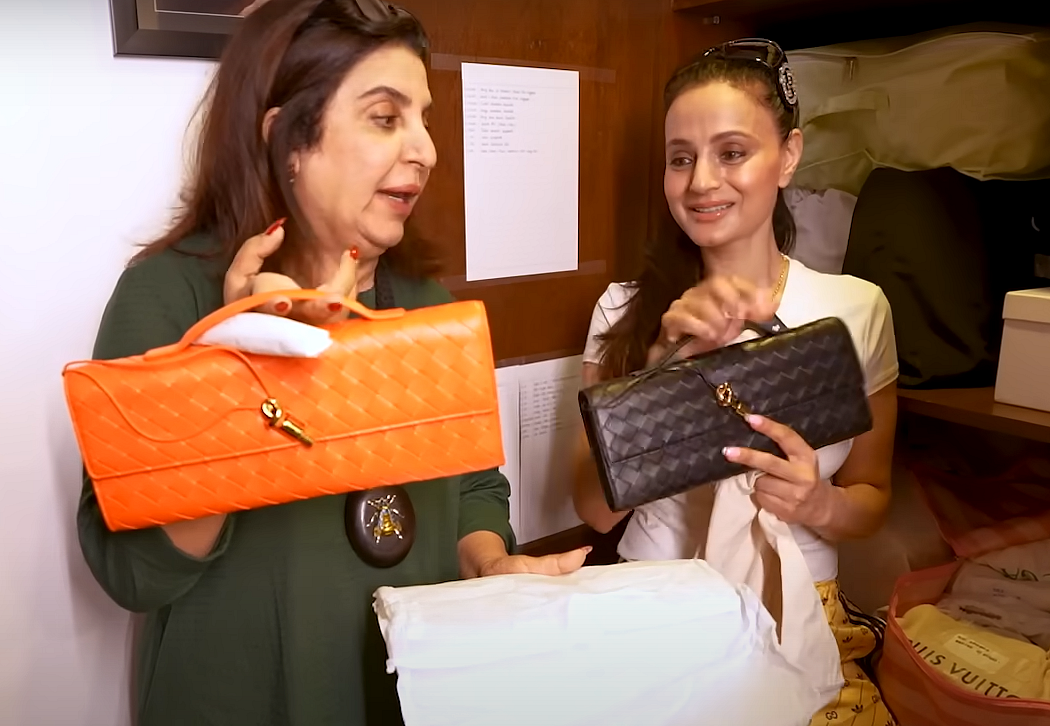In the world of Indian theatre, few names shine as brightly as Rasika Agashe and Mohammad Zeeshan Ayyub. These two versatile actors have made their mark in both theatre and film, captivating audiences with their remarkable performances. But beyond their acting prowess, they have also embarked on an extraordinary journey as the founders of Sanhita Manch, a platform that brings new scripts to the forefront of the theatre world. Initially started for Hindi language scripts, the initiative that entered its 5th year extended its search in Marathi and English as well.
The plays and discussions for the festival will be held at the Mukti Cultural Hub in Mumbai's Andheri West from October 20 to 22.
Sanhita Manch: Fostering New Talent
'Sanhita' means 'text', and 'Manch' translates to 'platform'. It was born out of a simple yet profound realisation that talented writers often struggle to find the right platform to showcase their work, particularly in the world of theatre. "So, for me, Sanhita Manch stands for the survival of theatre groups," says Rasika.
The initiative started six years ago, and as it enters its fifth year, the journey has been nothing short of outstanding. What began with a Facebook announcement quickly gained momentum. The response was overwhelming, with over 80 scripts pouring in during the first year alone. These scripts were then distributed among the director friends. "Till now, we have received over 400 scripts in the last few years, and we have produced 13 new play productions," shares an elated Rasika.
Zeeshan, a popular actor, Rasika's husband, and the co-founder of the initiative, talks about how this year he hasn't been able to look into anything. "This year's Sanhita Manch is Rasika's baby. I have not been able to do anything. Though I try, at times I work as the acting instructor in plays. And when Rasika says, I become the financier as well. I mainly take care of the event management," he adds.
Selecting Winners: Honouring Tradition and Innovation
Storytelling has evolved significantly in the digital era, and theatre is no exception. When it comes to choosing the winners of plays and stories, Rasika strives to create a balanced panel of judges that spans generations. This approach ensures that traditional and contemporary writing receive equal attention. Rasika adds, "The content and the choice of form are the primary criteria for selecting a winner."
This year's contest had four distinguished judges from the realms of theatre and film, responsible for selecting the winners. The esteemed theatre personalities Purva Naresh and Sapan Saran presided over the evaluation of the best Hindi plays, while Mohit Takalkar and Prajakt Deshmukh were responsible for adjudicating the Marathi plays. For the English plays, the panel of judges consisted of Keval Arora and Quasar Thakore Padamsee.
The jury panel has chosen four plays for presentation this year, which will take place in four cities: Mumbai, Pune, Delhi, and Jaipur. Additionally, these plays will be compiled into a book, set to be released during the festival.
Importance of Storytelling
Rasika's group has been sharing stories in the form of Abhivachan also knwon as 'Storytelling' for more than 8 years now. "We did different themes, like when we were only reading female writers. Last year, we read literature from across the country, like Tamil, Gujarati, Assamese, Bengali, and Hindi literature. For actors, its important to rehearse the art of storytelling and, most importantly, read the literature, because that's something that will give you ideas for stories, scenes, emotions, and everything else. So basically, when we started this drive, we realised that nobody was reading things in Mumbai, especially the young actors," shares Rasika.
Embracing the Past for a Richer Future
Sanhita Manch's dedication to preserving classic stories doesn't mean it shies away from contemporary works. Rasika firmly believes in the enduring relevance of classic stories by literary giants like Manto and Amrita Pritam. "These timeless narratives, often ahead of their time, still resonate with today's audiences. Classic writers wrote for the future, and now it's our time to celebrate their contributions," she added.
"While contemporary stories are essential, they acknowledge that it can take time for them to gain recognition and relevance. Their commitment to both classic and modern narratives ensures a vibrant theatre scene that bridges the gap between the past and present," said Rasika.
The Importance of Workshops and Plays
Rasika places a significant emphasis on workshops. These workshops help develop the skills of both trained and untrained actors. "It's nice to brush their skills in a while, because many times commercial jobs of acting don't give you much chance to explore acting as such. Generally, the actors are shown that the physical look is very important, so for the internal journey, their workshops and plays are very important,' adds Rasika.
The Money Dilemma in Theatre
The debate about money in theatre is an age-old one. Rasika and Zeeshan agree that, for experimental theatre, there isn't much financial reward. "The real money in theatre comes with grand productions featuring elaborate sets and star-studded casts. This mirrors the world of films, where independent or art filmmakers often struggle to find producers," said Rasika.
In their group, they follow a barter system, allowing newcomers to gain experience in exchange for their participation in plays. While it's not about getting rich, they ensure that newcomers are not exploited and can hone their craft affordably.
Zeeshan adds, "If there was a lot of money in theatre, then I might have just acted in theatre and not been doing films or OTT. Films and OTT have their own struggles, but the good thing is that it gives you money. Due to this, we as a group get a chance to organise something like Sanhita Manch."
Love for Theatre vs Camera
"This is a tick question! But, now, I think, over the years, I have found the answer. I really love the stage as an actor, and the camera is my newfound love. I just directed a film, and I really love this medium, especially being a director. I think you can do magic with a camera," says the National School of Drama (NSD) graduate about her newfound love for the camera.
"I used to direct plays, but that stopped after coming to Mumbai and working in films. In Delhi, I used direct more. Here, I assisted Rasika in a few plays, and will totally take it up if something comes up," says Zeeshan who is also an NSD graduate.
Experience of 'Scoop'
Both Rasika and Zeeshan recently acted in 'Scoop,' a project directed by Hansal Mehta. While Zeeshan is actively working in OTT shows and films, this was Rasika's first outing on OTT.
"Acting in Scoop was fun! I really loved working with Hansal Mehta, he gave me a lot of freedom to build the scene. Playing a negative character was a little tough, as I come from very strong acting training, where knowing why a character is doing this? Why the character is doing that? It is very important to build the nuances of the character from that. But the character was so dark, that I started approaching it but could not find reasons other than having little pleasure in being negative. I think that played well for that character," said Rasika.











